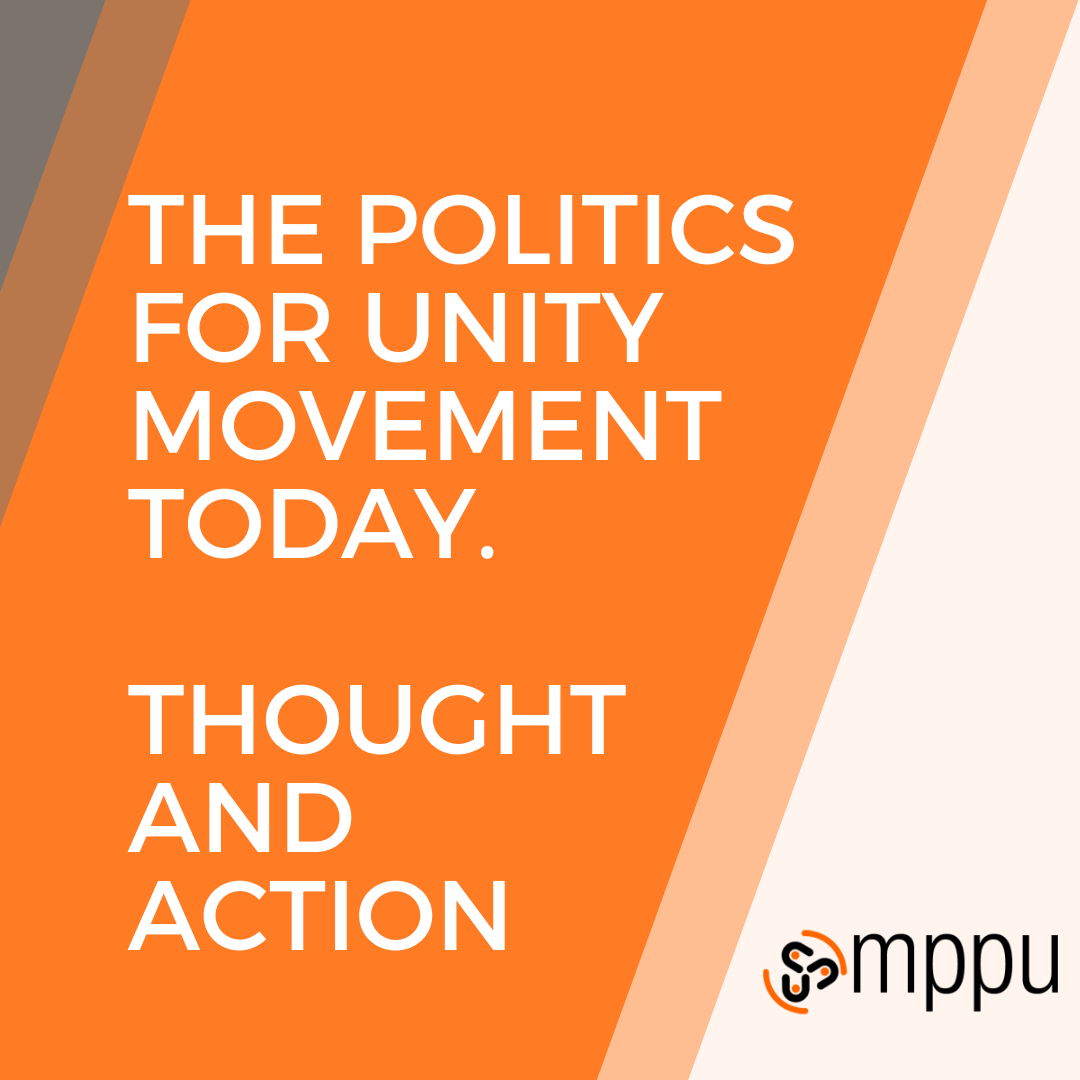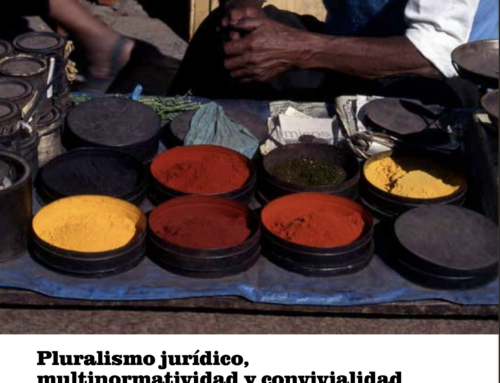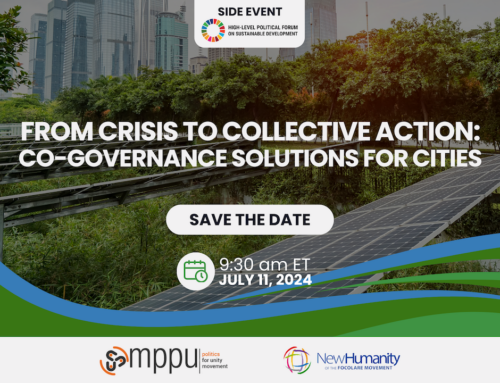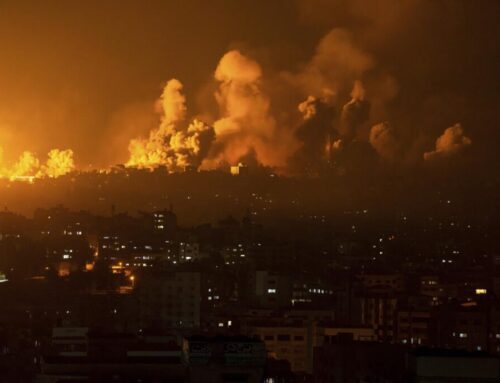As part of the International Online Seminar of the Politics for Unity Movement (MPPU) “Politics and Policies for Unity in the Times of Global Change: Ideas, Commitments, Contributions” that took place on December 10-11, 2020, the President of the International Center made an introduction in which the MPPU was presented today. We publish his speech below.
Mario Bruno, President of the MPPU International Center
We are in a time of global change. We are facing great global challenges. Through you all, I already see the novelty that this planetary network of politicians, officials, diplomats, academics, citizens can represent even today, influencing contemporary political thought and action. This is the Politics for Unity Movement.
It was born in 1996 and developed in Europe, Latin America, Asia, the Middle East, North America, all over the world.
It is written in the Fundamental Charter, approved in 2016 by the Centers of the Politics for Unity Movement on behalf of those around the world who adhere to it, approved through a broad participatory process, that the Politics for Unity Movement is an international laboratory of political innovation to:
- contribute to a future that does not go towards unequal or uniform globalization, but towards a world united by political relations that express mutual esteem and love among social groups, among cities, among states, among peoples.
- to promote and defend the founding values of the person and of peoples, privileging the weakest, politically implementing universal fraternity, supporting economic policies based on the social use of goods and on the worldwide sharing of resources, on respect for the environment and on paths of justice and freedom.
- Supporting institutional structures that respond to the dynamics of unity and distinction between the various levels of political communities, and plural and relational decision-making models, based on living social and institutional networks and continuous participatory procedures to substantiate the democracy of each nation.
In particular, what characterizes the Politics for Unity Movement? The vision of the world from a unitary perspective. But how? Politics appears to be the main place of division, of opposition, of dispute, but for us, instead, aims, means and principles that have as their essential characteristic the unity of the world. And among us.
A unity that does not cancel distinctions, which we see every day, of all kinds, but rather enhances them because starting from the very unity that creates equality, we are deeply different and profoundly equal; a unity that generates freedom because it makes us capable of being ourselves, as individuals, as peoples, as institutions. A unity that is substantiated by fraternity. A political category that makes us capable of taking care of our city and the city of others in the same way, of our party and the party of others, of our nation and of others’ nations. Chiara Lubich invited us to love other people’ s countries as your own, and as she said in Stuttgart in 2004: “humanity’s greatest dignity would be to no longer feel that it is a collection of peoples living side by side and frequently in conflict with one another, but rather, through mutual love, [that] it is a single people enriched by one another’s diversity and in unity, safeguarding each one’s identity.
For Igino Giordani, politician and co-founder of the Focolare Movement, “unity is not the reduction to one of the plurality of political interests, ideals and political perspectives, but the ability to seize the constant universal truths of the search for the common good with respect to the contingency of division”.
But can this political subject, so plural and planetary, bearer of a culture of unity, substantiated by fraternity and based on the deepest values of man, build today thought and political innovation in order to really contribute to taking care of humanity together with all the forces that collaborate for the common good in this time of global change?
We are called as politicians, and we all do politics at least as active citizens, to first and foremost alleviate the pain of the world. We do this with many concrete initiatives. We do it, especially this year, through a worldwide initiative, created by young people, which is called “dare to care”, which means to take care, in this moment of crisis, of the most fragile, of fragile institutions, of our city with the new poor, of our neighbors, of international organizations. Learning, action, sharing, represent the method of a path that, having identified the needs of the territories, proposes concrete initiatives of care. A path that will end in Brussels next May, in the heart of Europe, with an eye to the world. We will talk about it shortly.
To alleviate the pain of the world by being an engine of well-being, of being well together through many concrete local initiatives, where we are, in our neighborhood, in our city, and at the same time offering our vision to the international community. This is our perspective.
The President of the European Union, Ursula Van Der Leyen, in a letter sent last July, as response to the Politics for Unity Movement to encourage joint work to address the impact of the Covid 19 pandemic and to ensure support for ideas and planning also in the construction phase of the Conference on the Future of Europe, assured us that “the current shift in the geopolitical context provides an opportunity […] to strengthen its unique brand of responsible global leadership. In this age of rapid disruption and increasing challenges, success will depend on agility and speed in adapting to new circumstances, while keeping true to […] values and interests” and, among them, that of being one big heart and not many small hearts. “A true alliance in which mutual trust,” President Van Der Leyen told us, “becomes a common strength”.
Damien Kattar, Lebanese economist and minister, in a conference at UNESCO on the occasion of the anniversary of the prize awarded to Chiara Lubich, called for “the creation of instruments and structures capable of creating sharing, since values must increasingly enter into international politics.”
The President of the Italian Republic, Sergio Mattarella, invited us to do so last January in Trent because “all the relations of the international community – he told us – need this sense of fraternity and its generous interpreters; because without fraternity we risk being exposed to the dominion of interests alone. Or by the fears that arise from change. And we risk not having the strength to overcome the growing inequalities, to heal the social fractures, to prevent the law of the strongest”.
When observing the world today, we realize that the health, economic, climate, food and social crises require a change of thought and action. It leads us to intervene in order to heal the world, above all, from uncertainty, fear and inequality: between those who can heal themselves and those who cannot, due to the effects of an unhealthy economy and unequal health care, the new material poverty, the new cultural poverty that prevents equality in access to schooling and new technologies, differences in race and skin color.
The medicine for this world lies in an innovative and higher quality of politics, capable of restoring a soul to choices, capable of giving answers to all without distinction. Capable of better, fraternal relations between people and institutions that generate concrete answers to needs.
This is the method we want to bring to the parties and among the parties, in reinterpreting together the vocation of love, the history and the aims of our own and other people’s political actions, in the authentic love for the city, the region, the country, totally immersed in the local reality, but with a global horizon.
We do this by privileging the most disadvantaged. By living an economy based on the sharing of goods: a culture of giving. In order to nurture this culture, we develop schools to form skills for the politics of unity that require authentic responses to the call to political commitment.
We don’t do this alone, but by fostering dialogue with social, economic, cultural, health, education, justice and communication realities, renewing the pact of trust that binds elected and voters and taking a step forward towards advanced forms of co-governance.
Fadi Checadè, one of the leading experts in global digital governance, member of the Panel on Digital Cooperation set up by UN Secretary General Guterres, invokes the need for forms of collaborative governance, in which “not only the political institutions responsible for governing processes, but also collective, economic and cultural actors, groups of citizens, professional categories (…) What the complexity of the political system requires is a new governance, a co-governance, to connect public and private actors in policy-making, both at local and global level”.
Dialogue heals conflicts that, in politics, seem inevitable; and not only that: it generates forms of collaborative government decision-making, which we will discuss during these days.
Quoting the Italian President Mattarella once again in Trento: “the extremism of dialogue lived in the culture of trust (of which Maria Voce spoke) are two precious indications, because this opens up the human condition and interrelationships, and covers the insufficiency of each person in the encounter with others. The men and women who have the most courage are those who sense mutual interdependence, who have the patience to build and the foresight to look far ahead. Building requires the capacity for dialogue, respect and a sense of one’s own limits. We need to be able to search for the truths present in others, including those who do not think as we do”.
So, during these two days, we will be a laboratory of new ideas to be a concrete response to the needs of humanity.
The Politics for Unity Movement is us today who experience diversity, internationality, partiality perhaps, but also the unity of which Chiara Lubich, with the charism she incarnated, makes us witnesses and continuers in an atmosphere of fraternity that will inspire and give substance to our work.
Have a good meeting.






Leave A Comment